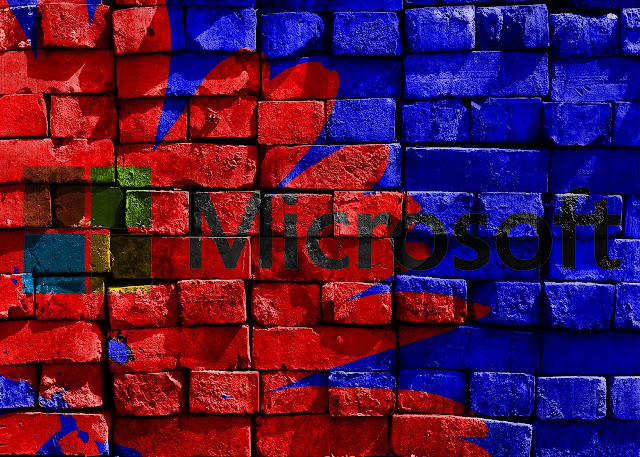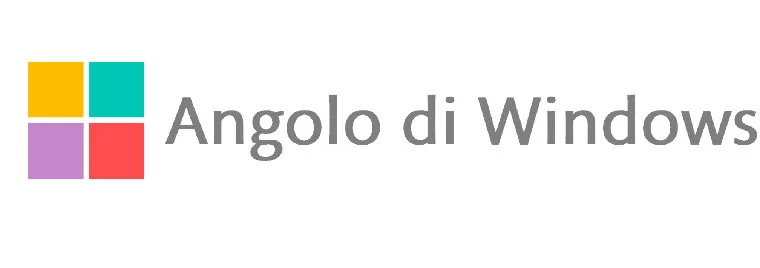Nello specifico i comportamenti ritenuti scorretti, e riportati nel blog ufficiale di Kaspersky, sono i seguenti:
- dopo un aggiornamento a Windows 10 da un altro sistema operativo (ad esempio Windows 7) qualsiasi antivirus di terze parti viene disabilitato, attivando la protezione integrata di Windows Defender
- dopo che l’utente ha attivato Windows Defender altri antivirus vengono chiusi senza alcun avviso
- nel centro sicurezza del sistema vengono indicati avvisi o notifiche inerenti la scadenza della licenza antivirus in uso ma non ve ne è traccia nelle notifiche dirette all’utente
- alla scadenza dell’antivirus di terze parti Microsoft attiva automaticamente Windows Defender
Di seguito il testo esposto da Kaspersky:
We think that Microsoft has been using its dominating position in the market of operating systems to create competitive advantages for its own product. The company is foisting its Defender on the user, which isn’t beneficial from the point of view of protection of a computer against cyberattacks. The company is also creating obstacles for companies to access the market, and infringes upon the interests of independent developers of security products.
We’ve taken the decision to address official bodies in various countries (including the EU and Russia) with a request to oblige Microsoft to cease its violation of anti-competition legislation and to remove the consequences of that violation.
To oblige Microsoft (i) to provide new versions and updates of Windows to independent developers in good time so they can maintain compatibility of their software to Windows; (ii) explicitly inform the user of the presence of incompatible software before upgrading Windows and recommend the user to install a compatible version of the software after the upgrade; (iii) always explicitly ask the user for his/her approval to enable Windows Defender.





